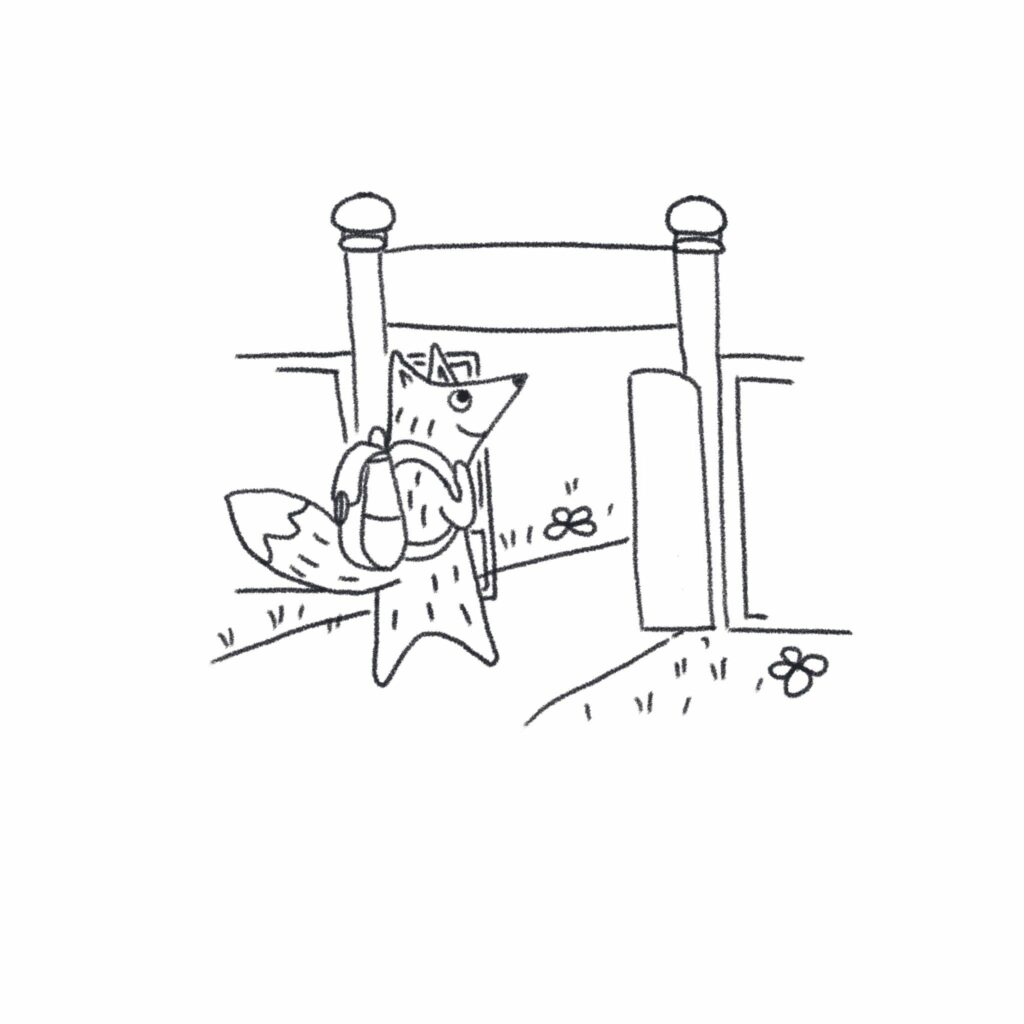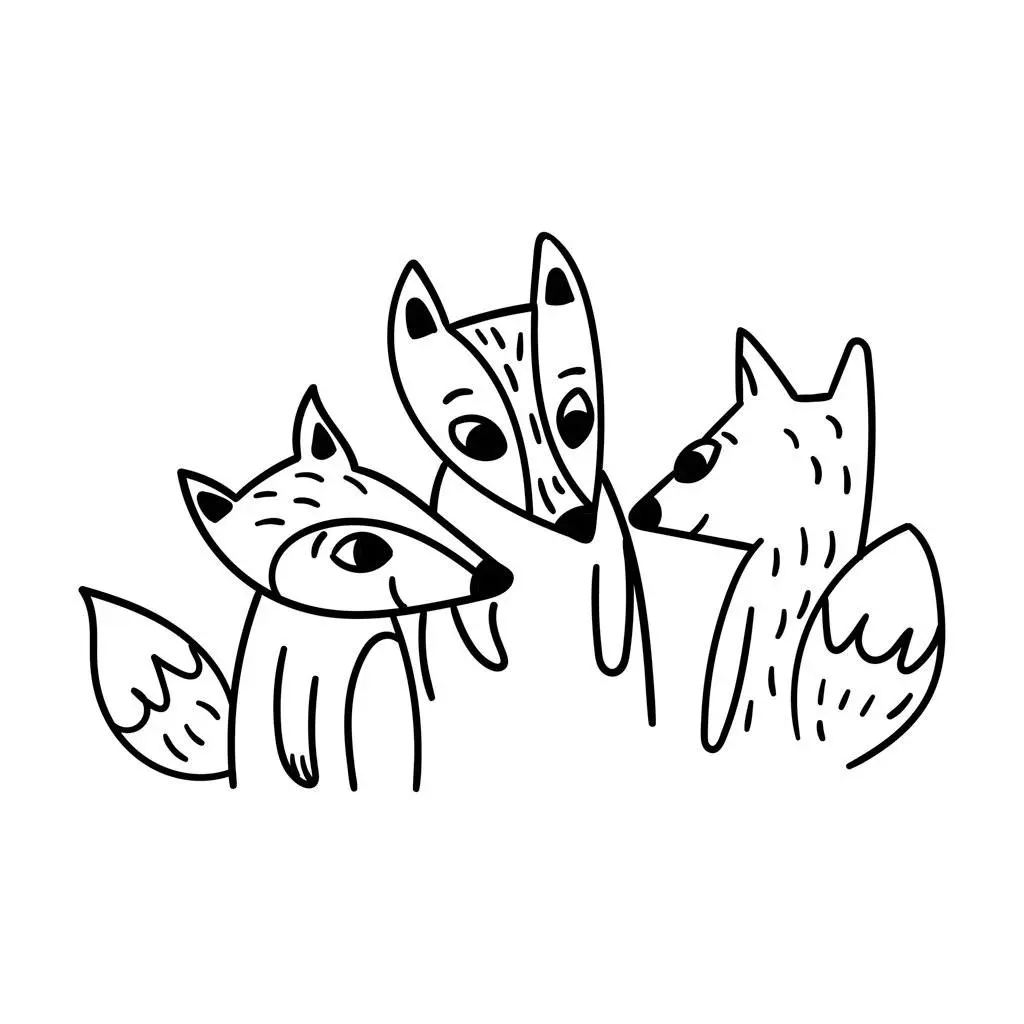Don’t know the first thing about poetry but want to help your child develop a love of language and verse? According to Karen Smith, poet and a former librarian at the National Poetry Library, you don’t need to know anything to get started and inspire a lifelong love of poetry.
Table of contents:
- Introduction
- Why children need poetry
- Poetry for life: instructions for use
- Poetry recommendations
- Final verse
Introduction
Thankfully the world of poetry has moved on from the stuffy rote-learning many of us may have experienced at school.
And poetry consumption in adults is thriving, with more than £1.3 million volumes sold in 2018. Bestselling Instagram poets like Rupi Kaur and Charly Cox are flying the flag for poetry as an anchor and compass, in the lonely and confusing virtual-modern world, reminding us how words in a certain order can help us make sense of the chaos of everyday life.
But if you are a beginner, how do you get started with poetry?
Many parents ask me, how do you even explain what poetry is to your children?
It’s helpful to think of poetry as a creative type of writing where the author thinks very carefully about which words to put together, choosing them for their sound, meaning, rhythm and/or expressive effects. It’s important to also point out that not all poems rhyme; they can be more about helping you say or show your feelings, or to understand other perspectives and transport you to imaginative places.
Right, but what’s next? With so many types of poetry it is easy to see how one can feel adrift in this literary archipelago. Why should we lead children into the mysterious and frankly discombobulating land of verse? What’s in it for them? What’s in it for you?
Why children need poetry
It won’t surprise you to hear that reading poetry enhances literacy. And that enhances educational achievement in general.
But poetry is special because it combines verbal and musical patterning, creating a double-boost of brain power for your children. Young children in particular respond to rhyme and song, and this can be a pleasurable way to enhance their reading ability. Mem Fox says in Why Reading Really Is Magic: ‘If children know six nursery rhymes by the time they are four, they are more likely to be in the top reading group at school by age eight.’
Poems are distinct, memorable and imaginative. They allow us to be playful, creative and expressive in ways that other forms just don’t allow. In short: they make our brains thrive.
Research into the power of poetry for primary age children stresses how important it can be for brain health, emotional wellbeing and developing empathetic relationships with others.
During the COVID-19 crisis more than ever, parents all over the world are turning to the emotional intelligence of poetry to help their children process this turbulent time. According to Cheryl Moskowitz: ‘Poets can translate trauma. A poem is a way of sharing thoughts and ideas widely with others. It is a conversation and one that can be easily shared, even (or perhaps especially) from a place of isolation’.
There’s so much for children to learn by translating their experiences into poetry; it’s a safe place for them to work through difficult issues and connect with the experiences of others. Empathy, expression and creativity collide; the result? A new, healthier perspective on the world.
This is how a ‘conVERSEation’ about COVID-19 was born, as part of Moskowitz’s coronavirus collection for children, to help them deal with the trauma of the pandemic in a positive, helpful way (well worth checking out.)
With children being seven times more likely to write poetry than adults, and around half of children aged 8-18 reading, writing or performing poetry in their spare time, there’s clearly something magnetising about this form of prose.
But don’t worry if that doesn’t sound like your child.
The research claims that when children don’t willingly engage in poetry it can be because they don’t see it as entertaining or relevant enough. And luckily, that is something that we can do something about.
Poetry for life: instructions for use
It’s never too early to introduce poetry to your children. And naturally you’ll get the benefits too! So how can you introduce poetry to your children and capitalise on its benefits for the whole family?
Sing. Yes, sing! I grimace at this suggestion and audibly sigh. I sound like a strangled cat when I open my singing voice at the best of times. But be assured, the quality of your voice is irrelevant, it’s the rhythm that sparks the more primitive part of the brain, engaging those learning muscles, memorability and verbal patterning. It aids retrievability, and makes poetry more accessible for children.
Rhyme or rhythm time classes can also be useful especially for younger children, toddlers and babies. There are free classes at most local libraries or paid-for classes (many of which have recently moved online), often involving action songs, books, rhymes, singing, musical instruments and characters. It’s no accident that this is a well-embedded, and historical part of our oral culture; for centuries we have passed on stories through singing, rhyme and music because we are naturally predisposed to learn in this way.
E-poetry videos and audio downloads. No time to read poetry? See the National Poetry Library website and listen to poetry radio for some great kid friendly verses that can be played at the touch of a button. Even if it is only on in the background, it can create a calming atmosphere and aid literacy skills.
Enlist the help of free online literacy activities. Poetry4kids and the Centre for Literacy in Primary Education have some fabulous resources for parents to use at home. Whilst these are generally literacy-based, there’s no reason why they can’t be tailored to poetry. For instance, creating a poetry inspired game, making a poetry box, turning a poem into a drawing.
Consider your attitude towards poetry. Have you read this blog post [LINK] on self-efficacy ? Your confidence with poetry sets the scene for how you interact with your child about it. That’s not to say you need to falsely pretend you are an expert; a curious yet determined approach to engage with it can foster an encouraging climate. Children who watch their parents enjoy poetry or at least observe them spending time attempting to understand it, are far more likely to engage. Check out some of the poetry recommendations for parents below.
Don’t force it. Be led by your child and their interests by selecting texts on topics they will enjoy. You might have planned a lovely night time rhyme session, but if your child isn’t in the mood that night, be flexible. As with a lot of things in parenting life, picking the most opportune moment is key.
Act it out or read aloud. Poems are made to be spoken. By bringing the text to life through reading and acting, confidence, creativity, concentration, communication, physical and emotional intelligence are enhanced. Tips for performing poems can be found here [LINK].
Poetry recommendations
For children
Select the right poems – targeting the right level for your child, such as choosing the appropriate text to illustration ratio, content, and complexity of rhythm, can be a minefield. But fear not! Poetry By Heart [LINK] has some excellent advice for choosing the right poems by age and Leapfrog has a helpful checklist too. Your local library is a great place to start. And don’t be afraid to ask a friendly librarian for advice! Observe how your children respond to certain poems, and try a selection. But as the classic advice goes, don’t judge a book by its cover. It might just surprise you what they are into.
Have a look at booklists for children on the CLPE website, The Poetry Book Society Children’s corner and the Parent’s Guide to Poetry.
Watch poetry in movies. This can be a great place to start for the less enthused. It can show them poetry in action.
Start with anthologies (collections of poems) so they can try different kinds of poems. The Rattle Bag is a classic and others such as Read Me and Laugh: A Funny Poem for Every Day of the Year can be particularly engaging.
Bring poetry to life with toys. Small world play can be a wonderful and creative way for children to apply and act out poetry. It can help them to make sense of the words in a visual and physical format, and relate the rhymes to real life.
Consult poetry collections (real and virtual) at your local library, or the National Poetry Library, the Poetry Foundation and/or Children’s Poetry Archive.
For Parents
Dive into the world of poetry with some of these recommendations, and experience the magic of it yourself. Go on, you deserve it.
Frances Cornford: Ode on the Whole Duty of Parents
Philip Larkin: This be the Verse
Courtney Lamar Charleston: How do you Raise a Black Child
Liz Berry: The Republic of Motherhood
General browsing – motherhood
Poems for fathers
Final verse
Here’s a favourite poem to finish with:
‘This Poem’ by Elma Mitchell
This poem is dangerous: it should not be left
Within reach of children, or even of adults
Who might swallow it whole, with possibly
Undesirable side-effects. If you come across
An unattended, unidentified poem
In a public place, do not attempt to tackle it
Yourself. Send it (preferably in a sealed container)
To the nearest centre of learning, where it will be rendered
Harmless, by experts. Even the simplest poem
May destroy your immunity to human emotions.
All poems must carry a Government warning: Words
Can seriously affect your heart.



